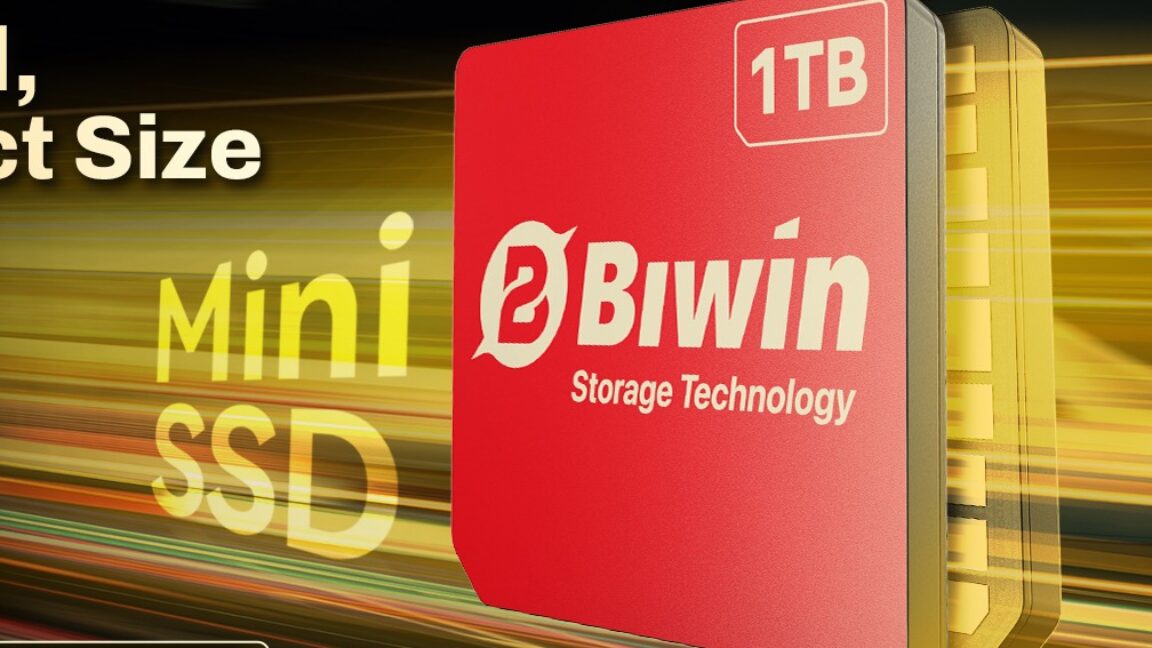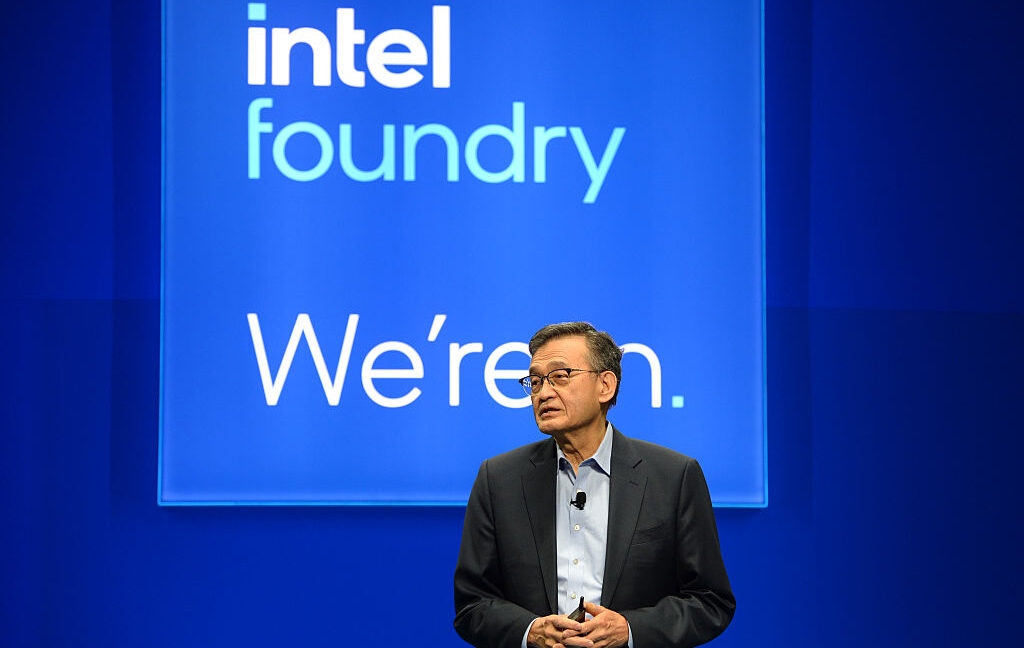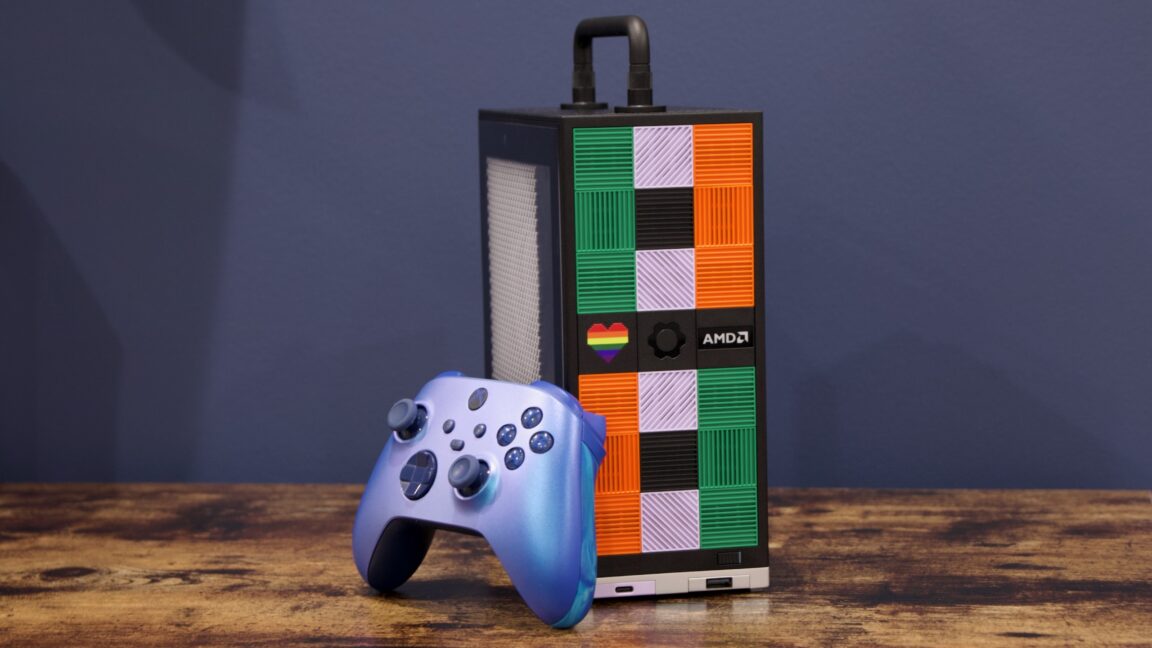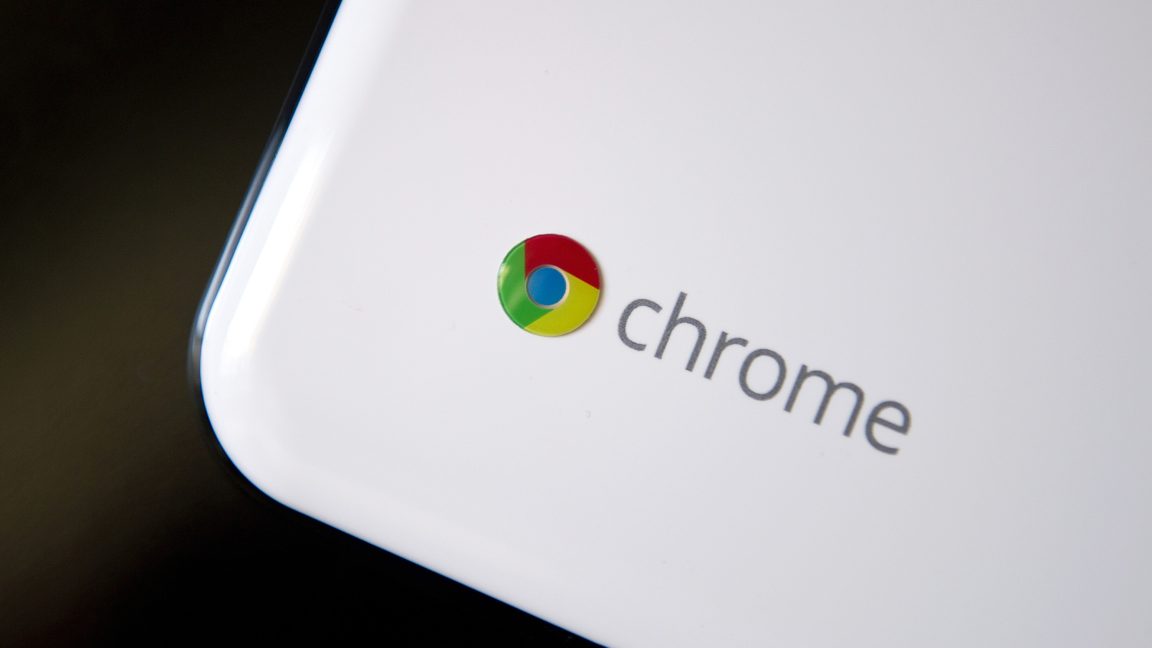The Future of Gaming Handhelds: The Rise of the Mini SSD

If you're into handheld gaming, you'll be thrilled to know that small, powerful storage solutions like the Mini SSDs are becoming more popular. These tiny storage devices are beginning to transform the gaming experience, promising faster load times and greater storage capacity without the complicated installation process of traditional SSDs.
Nintendo's decision to implement the microSD Express standard in its Switch 2 has set the stage for this technological leap forward. Historically, microSD cards were sufficient for many users, but as gaming consoles grow more powerful, they require storage speeds akin to internal SSDs. Hence, there's now a push to enhance "fast, removable storage" beyond current limitations.
One of the frontrunners in this innovation is a Chinese company called Biwin. They have developed what they call a "Mini SSD," which is remarkably compact at 15 by 17 mm and boasts read speeds of up to 3,700MB per second using a PCI Express 4.0 interface. Although current microSD Express cards can reach similar performances, typical everyday usage cards fall short, and that's where these Mini SSDs could make a significant impact.
Revealed earlier this year, the Biwin Mini SSD is designed using LGA packaging, integrating both NAND chips and an SSD controller onto a miniature card, which is inserted similarly to a SIM card. Initially available in a range of sizes from 500GB to a massive 2TB, these cards are being advertised with gaming portables like the GPD Win 5 and OneXPlayer Super X.
The Mini SSD may not yet be officially standardized, but it is quickly addressing the issue of providing high-speed, easily upgradeable storage for gaming systems. This need is driven by the rapidly increasing size of modern games, requiring bigger and faster storage solutions. TechSpot’s 2023 data analysis shows game sizes increasing at 6.3GB per year, owing largely to improved graphics and high-resolution content.
For instance, games like "The Last of Us Part 1" demonstrate this trend. The game’s non-graphics data alone require over 17GB of space. Similarly, "Cyberpunk 2077" presents a challenge with its hefty 159GB requirement when all language packs are included. Fast, simple storage upgrades could be a game-changer for many users.



